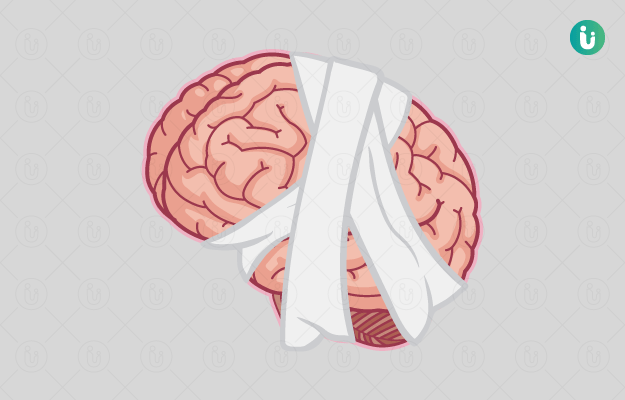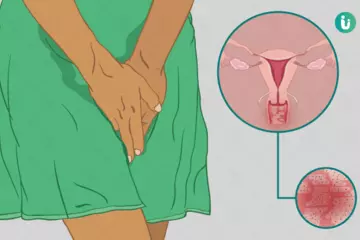Arguably the most common brain injury worldwide, concussions are usually caused by a sharp blow to the head or upper neck. Whether it is sustained while playing a sport, or in a car accident or simply due to a fall, a concussion temporarily affects the functioning of the brain.
Often described as a mild traumatic brain injury, concussions are usually not life-threatening. However, it is important to monitor the patient for a few days for symptoms like confusion, headache, difficulty coordinating movements and memory loss.
It’s important to take the patient to a doctor immediately in case they vomit repeatedly, lose consciousness for over 30 seconds or have seizures.
Here’s what happens when someone has a concussion: the brain is encased in a spinal fluid inside the skull. When the head gets a sudden jolt, it can cause the brain to move around vigorously inside the skull. If the brain then hits the inside of the skull, it can lead to trauma that can temporarily affect brain function.

 Doctors for Concussion
Doctors for Concussion 




































